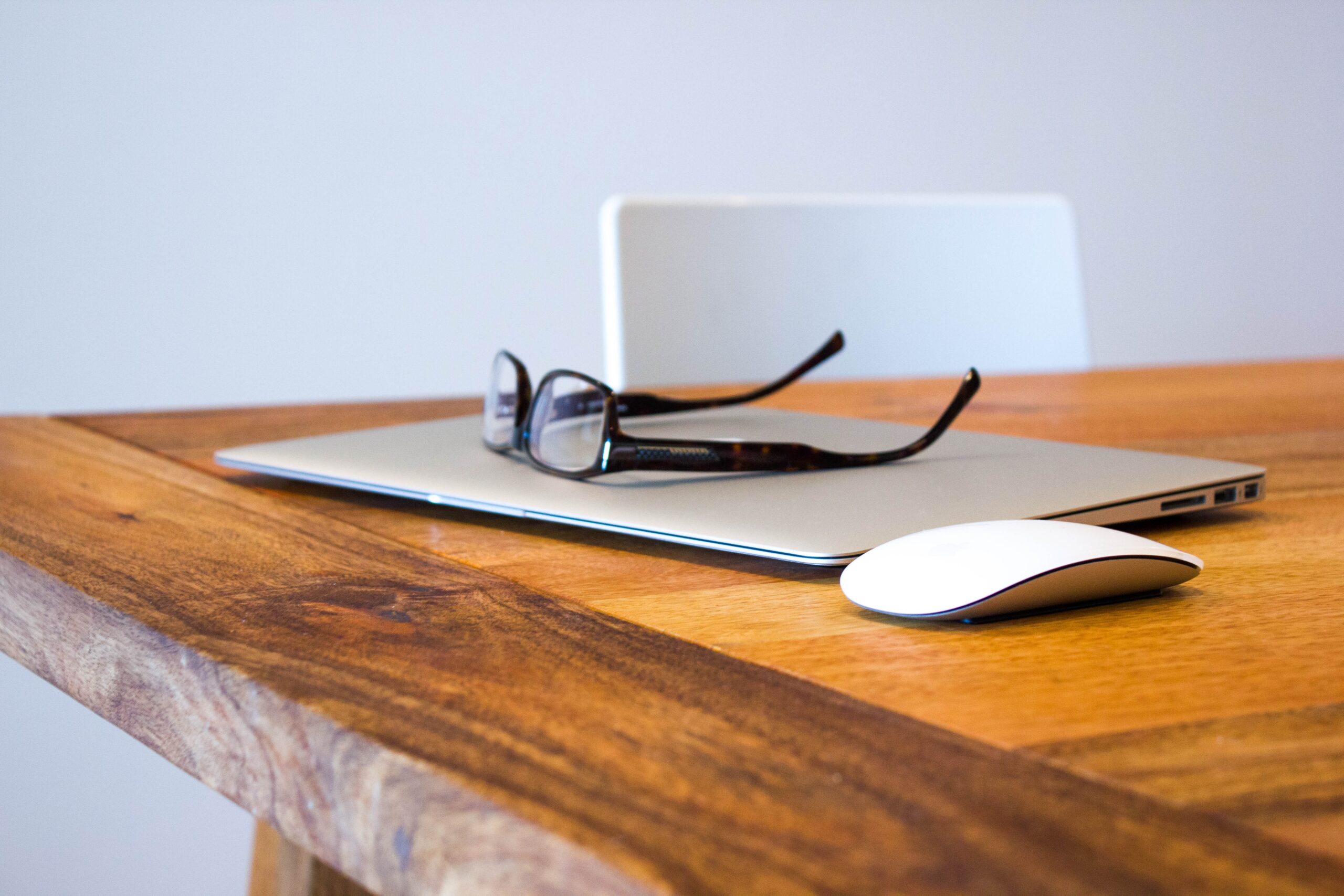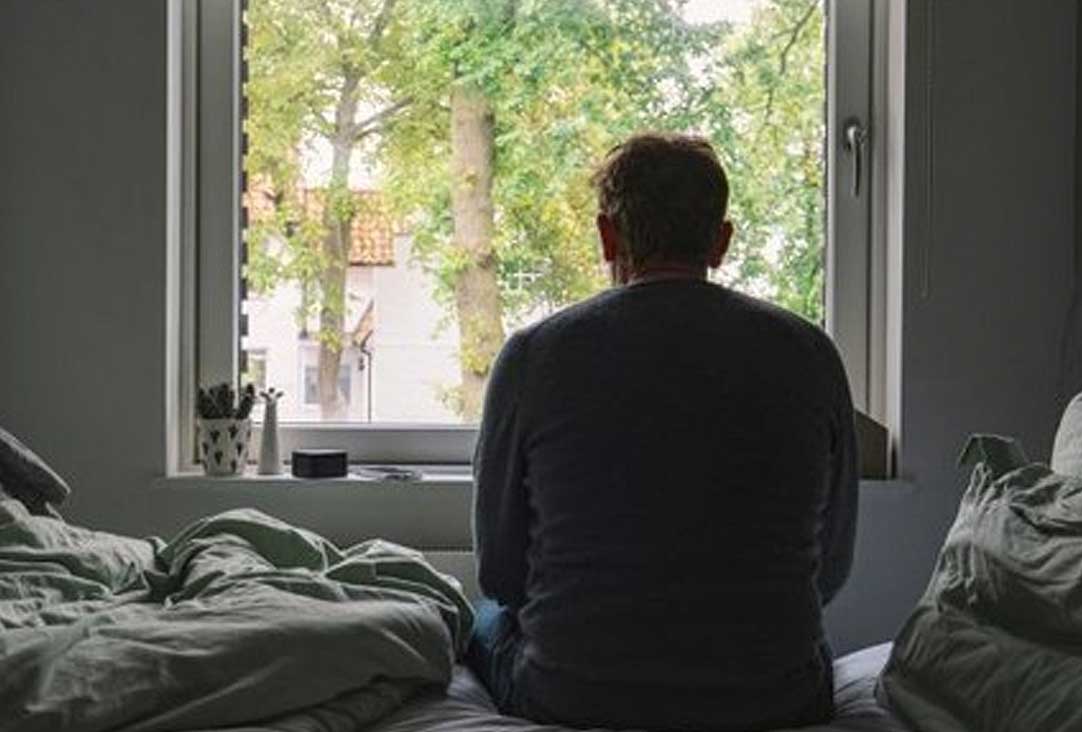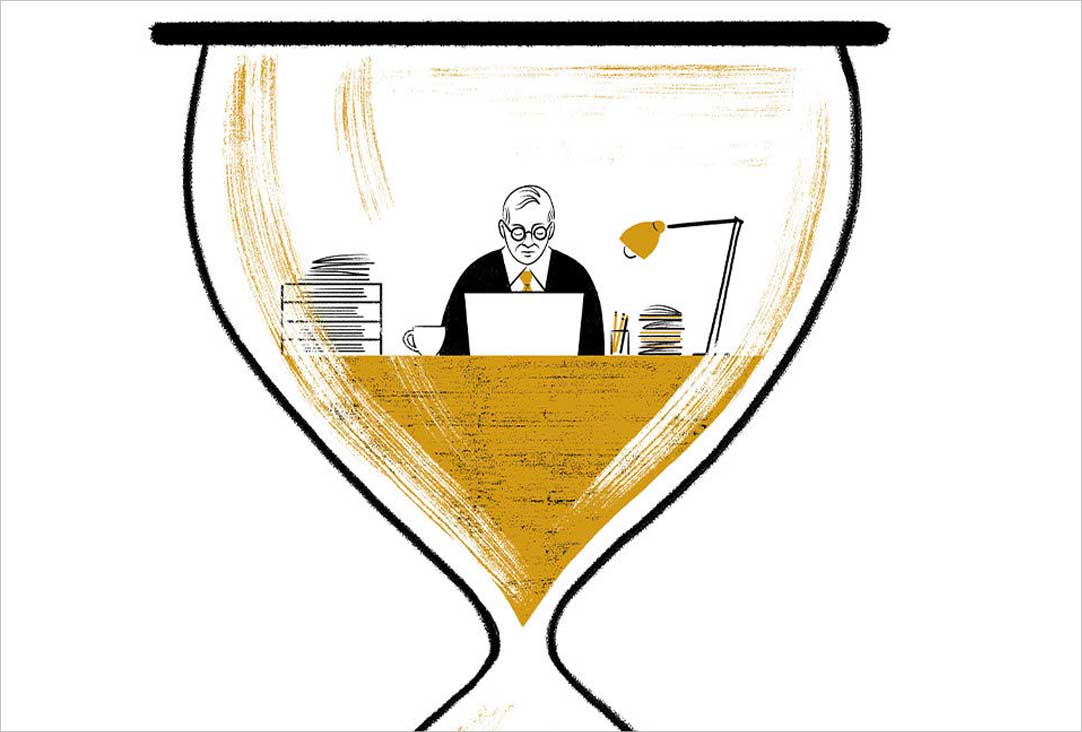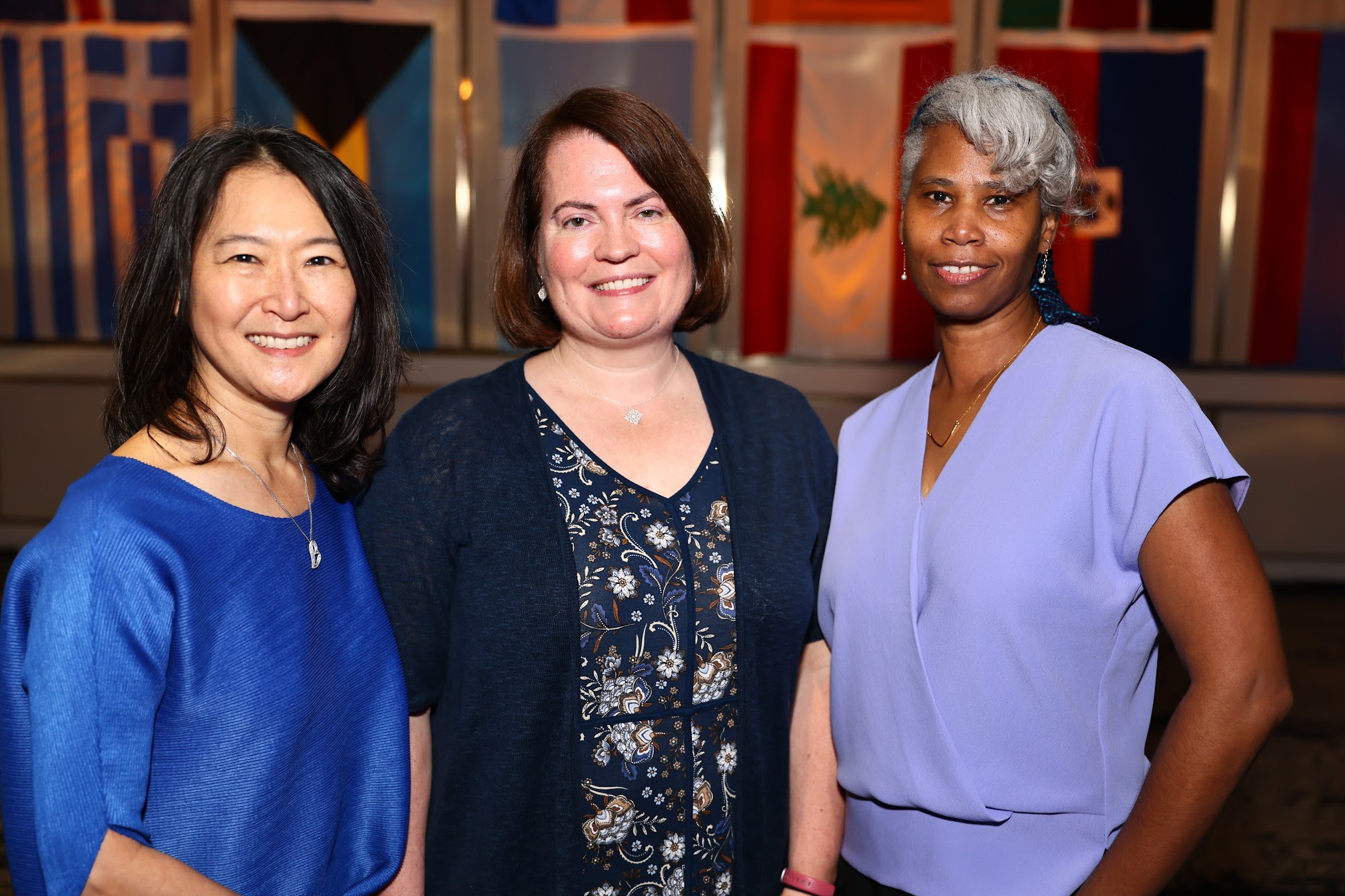World faces “deathly silence” of nature as wildlife disappears, warn experts As technology develops, sound has become an increasingly important way of measuring the health and biodiversity of ecosystems: our forests, soils and oceans all produce their own acoustic signatures. Scientists who use ecoacoustics to measure habitats and species say that quiet is falling across thousands of habitats, as the planet witnesses extraordinary losses in…





























































